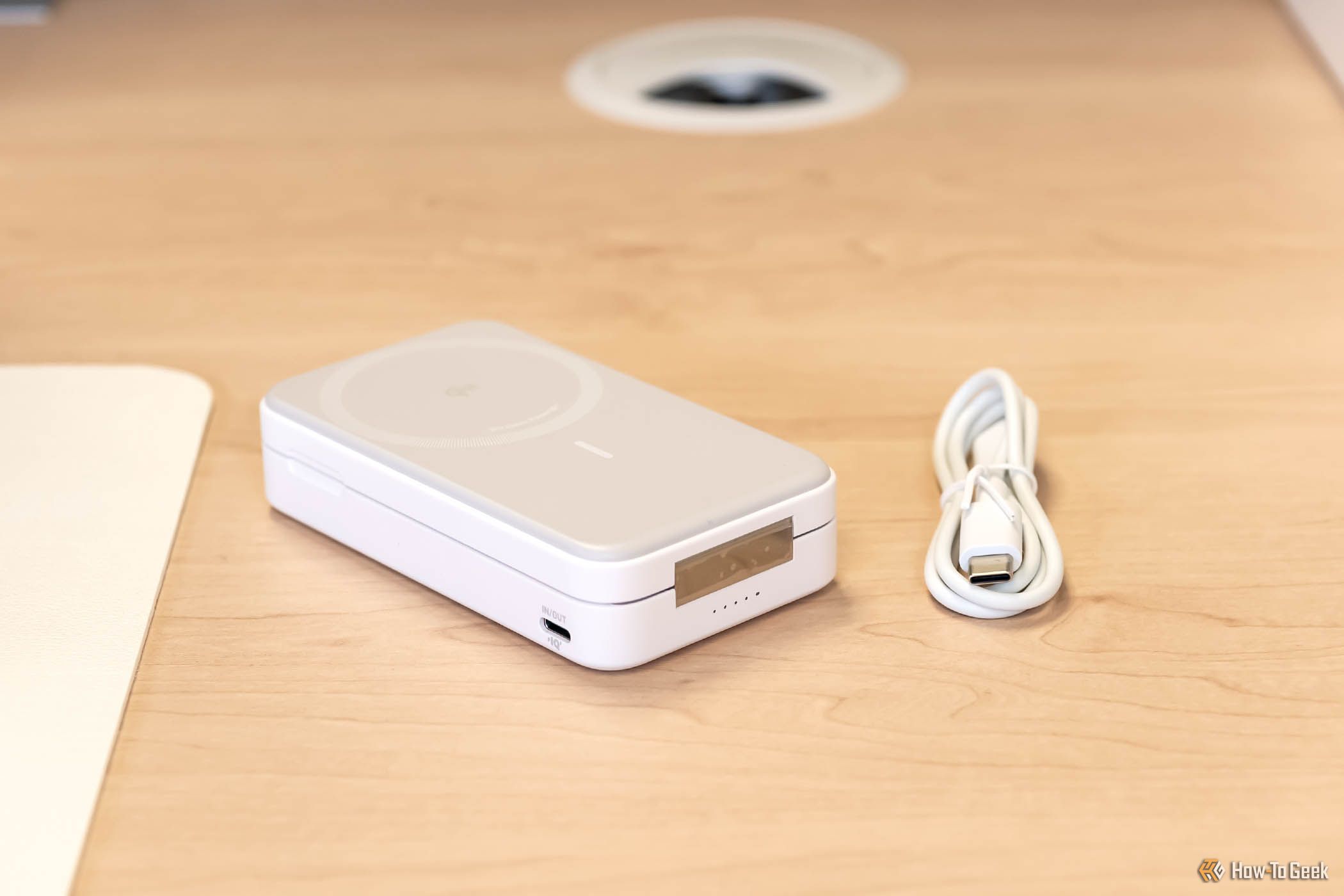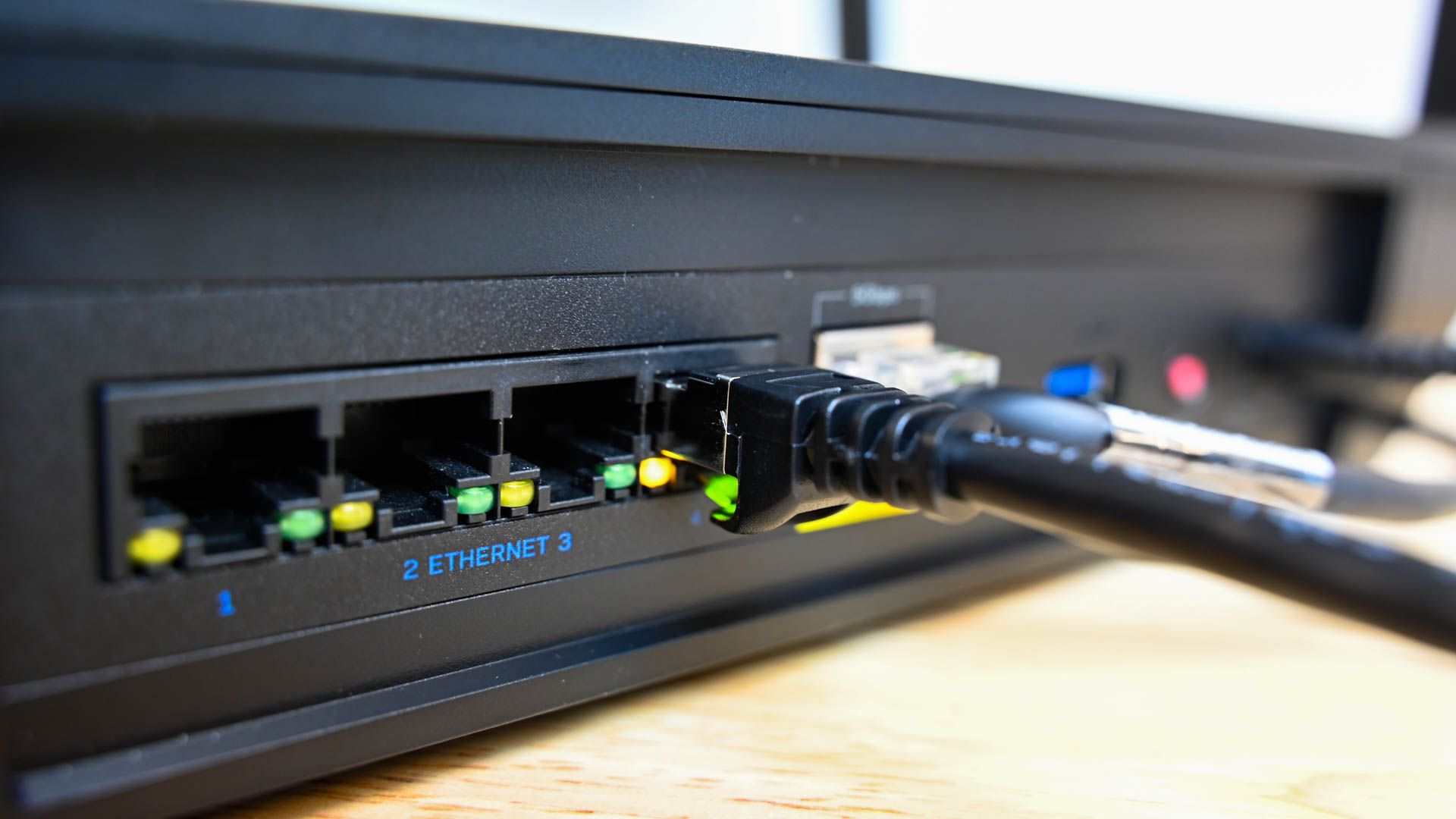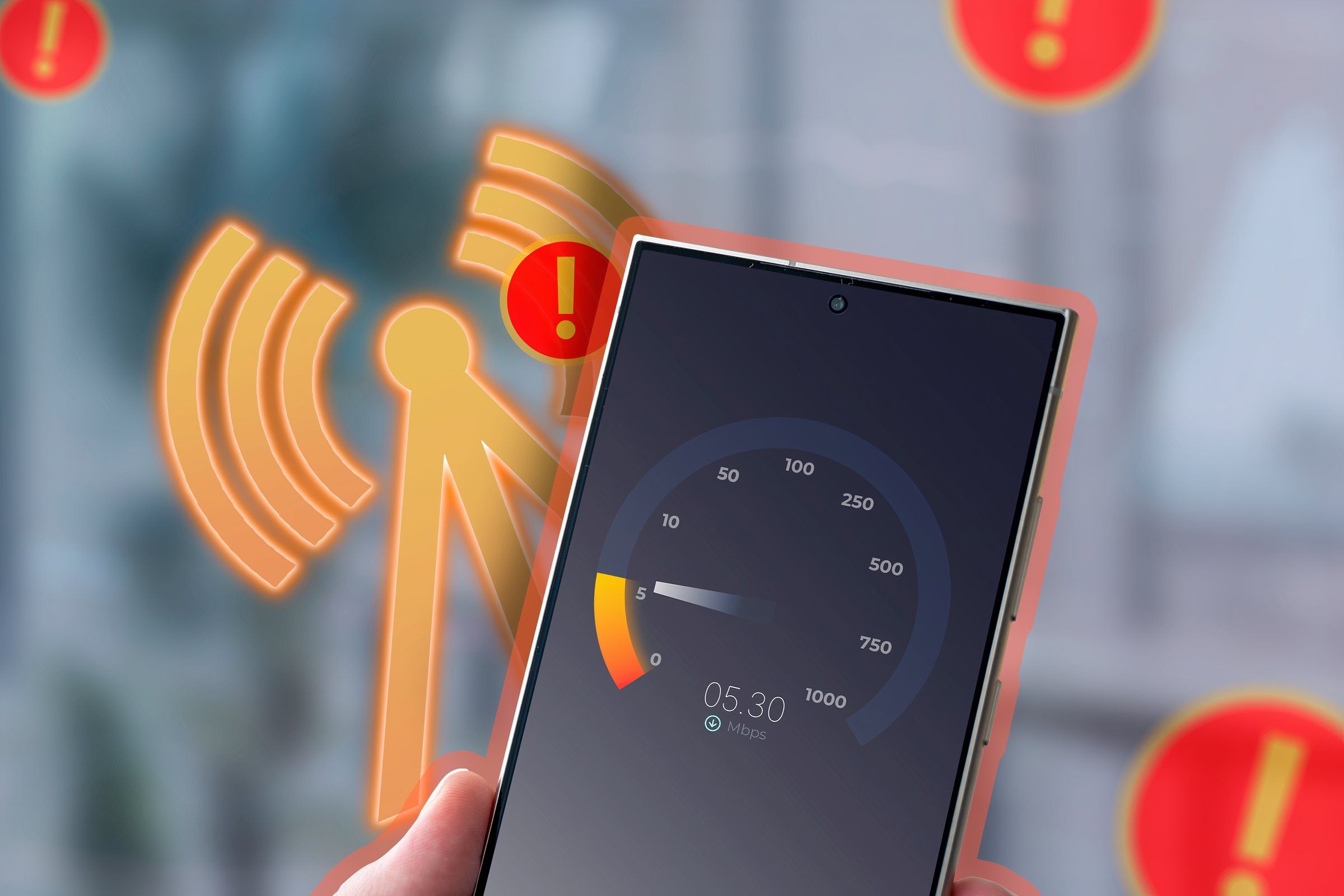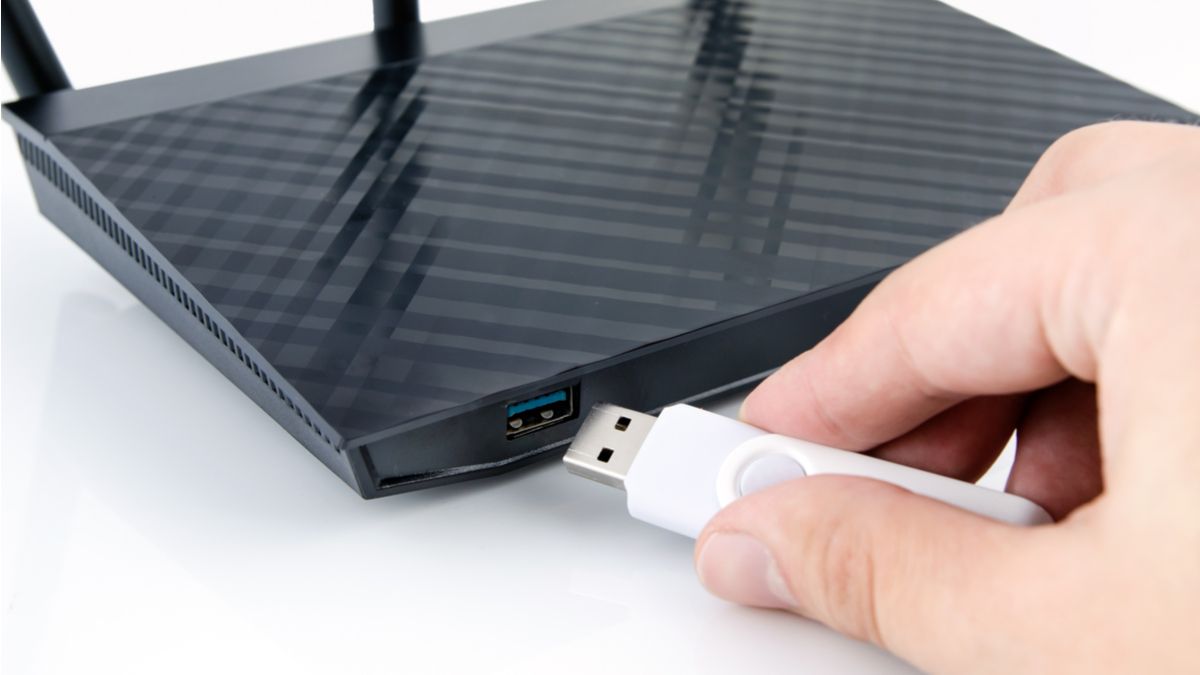Tech News
7 Features to Look for in a Travel Router
Quick Links
Travel routers are a bit of a niche item, but there are plenty of good reasons to take your own private LAN with you when you travel around the world, or even just your own country. If you've decided that a travel router is the right gadget for you, there are a few things worth keeping in mind before you buy.
1 Size and Weight
The whole point of a travel router is that it's much smaller than a regular router, but provides all of the same functions. It might not have the same range, or the same performance, but that's offset by its travel-friendly size. The trick is to find a router that offers the right mix of size and functionality. How small you need your router to be will depend on our needs, but in most cases it should fit on the top of your palm, unless you need something that you just can't find in such a small form factor. Apart from being small enough, it's an added bonus if the router folds up or is otherwise easy to pack away and take with you.
2 Battery Life
Most travel routers aren't battery-powered, and mobile "routers" that do have internal batteries are usually mobile Wi-Fi hotspots that take a SIM card, but don't act as full-on routers. So battery life isn't really a consideration for a travel router in most cases. Since these devices are almost always USB-powered, you'll be plugging it into a wall adapter, your laptop, or a power bank. Getting a decent power bank is a good idea however, since that can run a typical travel router for days if the capacity is large enough.
3 Ethernet
You'll want a travel router that offers more than just Wi-Fi, so make sure there are at least a few Ethernet ports. Why? Well for one thing it's faster and more private to connect your devices with Ethernet, but mainly you'll want the ability to connect the Ethernet port in a hotel room to your personal router so you can share the internet connection with all the devices in your room.
4 Wi-Fi Repeater Mode
This is one of the most useful things a travel router can do. Make sure the router supports Wi-Fi repeater mode, so that you can boost the strength of a Wi-Fi hotspot that's too far away for good signal. This happens a lot in hotels with spotty mesh Wi-Fi, for example. The antennas on the portable router are much more powerful (and larger) than those in your devices, so it's going to have an easier time of connecting to a distant Wi-Fi node.
5 Security Features
Having a travel router is largely about better security for your devices, since your own Wi-Fi is encrypted, but if you're still using public internet via your own router, some vulnerabilities are still there. So a travel router that can run a VPN or has built in malware protection and a robust firewall is very attractive indeed.
6 Performance
There are two types of performance that matter when it comes to any router. First is the network speed of the Ethernet ports and Wi-Fi. As of this writing, you shouldn't settle for anything less than gigabit Ethernet and Wi-Fi 6 or 6E. If you decide to go for something slower, then it must be for compelling reasons such as a deep clearance discount or some other features of the router that is more important to you than pure speed.
The other type of performance has to do with how fast the processor in the router is, how much memory it has, and so on. It's not that meaningful to dwell on the specific numbers or specifications, but it's useful to see if anyone has negative things to say about its performance when, for example, running a built-in VPN or when lots of devices are connected at once.
7 USB Storage Support
Finally, one of my favorite features for any router is USB storage support. This means you can connect to an external hard drive and have all the devices on your local LAN share the contents on it. It's like having your own NAS wherever you go. Some routers may also support USB cellular modems, or at least specific models. Which means you don't have to use your phone as a hotspot.
These are what I would consider the key criteria for these Lilliputian network devices, but as always, there's more nuance to explore. If you get the fundamentals right, however, chances are you'll have a travel companion for many years to come.
When you subscribe to the blog, we will send you an e-mail when there are new updates on the site so you wouldn't miss them.


 TP-Link
TP-Link Sergio
Rodriguez
/
How-To
Geek
Sergio
Rodriguez
/
How-To
Geek Hannah
Stryker
/
How-To
Geek
Hannah
Stryker
/
How-To
Geek
 Lucas
Gouveia
/
Justin
Duino
/
How-To
Geek
Lucas
Gouveia
/
Justin
Duino
/
How-To
Geek

Comments